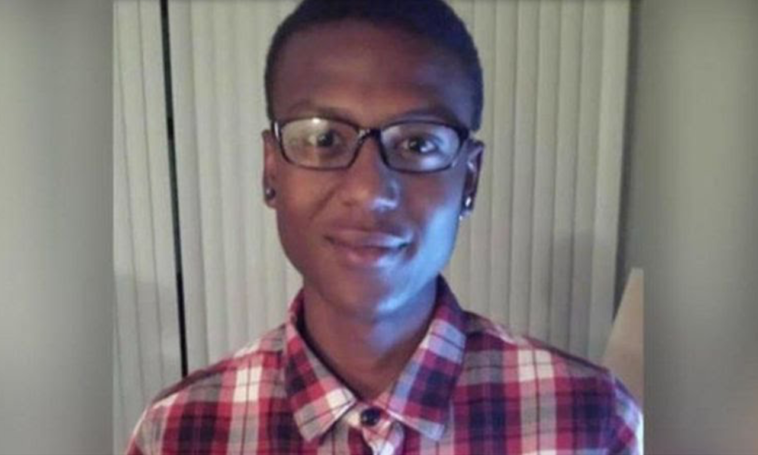Two paramedics who injected Elijah McClain with an overdose of a sedative after police put him in a chokehold have been convicted of his 2019 death.
In a rare legal development targeting medical professionals, a jury recently delivered a verdict of criminally negligent homicide against Jeremy Cooper and Peter Cichuniec in the case of Elijah McClain’s tragic death. This marks the final trial in connection with the incident that unfolded in Aurora, Colorado.
Although Elijah McClain’s initial case received limited attention, it gained renewed prominence in the wake of nationwide protests against police brutality following George Floyd’s death.
“The majority of the jury decided after two days of deliberation, finding both Cooper and Cichuniec guilty. Additionally, Cichuniec faced a conviction of second-degree assault, while Cooper was acquitted of assault charges”, Reports.
The encounter leading to Elijah McClain’s death occurred on August 24, 2019, when police responded to a call about a “sketchy” individual. McClain, a 23-year-old Black man, was walking home from a convenience store when the confrontation with police escalated.
During the incident, McClain was placed in a chokehold, and subsequently, paramedics Cooper and Cichuniec injected him with ketamine. Despite repeatedly expressing difficulty breathing and receiving medical intervention, McClain never regained consciousness and passed away three days later.
The case centered on whether the medical professionals adhered to proper procedures and exhibited negligence in administering ketamine. The verdict reflects an acknowledgment of culpability for the actions of Cooper and Cichuniec in their roles as paramedics.
The incident sparked discussions on police use of force, the administration of sedatives, and the broader issue of racial injustice within law enforcement.
Elijah McClain’s uniqueness, wearing headphones and a balaclava due to chronic chills from anemia, was not immediately apparent to the responding officers. The bodycam footage captured his pleas for understanding as an introvert and his repeated statements of being unable to breathe.
Prosecutors argued that the paramedics failed to conduct necessary medical assessments before administering the powerful sedative. Crucially, they left McClain on the ground and unmonitored, contributing to the tragic outcome.
The legal proceedings against police and paramedics in McClain’s case have faced complexities and challenges. In prior trials, officers Nathan Woodyard and Jason Rosenblatt were acquitted in November and October, respectively.
Another officer, Randy Roedema, was found guilty in October of criminally negligent homicide and third-degree assault. Prosecutors contended that Roedema’s statements about McClain being “definitely on something” influenced the paramedics’ decision to administer ketamine.
The verdict against Cooper and Cichuniec marks a significant moment in holding medical personnel accountable for their actions. Legal actions against healthcare professionals involved in cases of police brutality are rare, and this outcome may influence future considerations of the roles of paramedics in such incidents.
Elijah McClain’s case underscores broader issues of systemic problems within law enforcement and healthcare. The complexity of these cases and the challenge of addressing racial injustice within the justice system is evident.
While the legal system navigates these intricate challenges, the city of Aurora took a step towards resolution in 2021 by agreeing to a $15 million settlement to address a lawsuit brought by Elijah McClain’s parents. This settlement serves as a recognition of the profound impact of his death on his family and the community.




2 Comments
Leave a Reply2 Pings & Trackbacks
Pingback:prices cialis
Pingback:Aurora Police Chief Acknowledges Failures in Elijah McClain Case